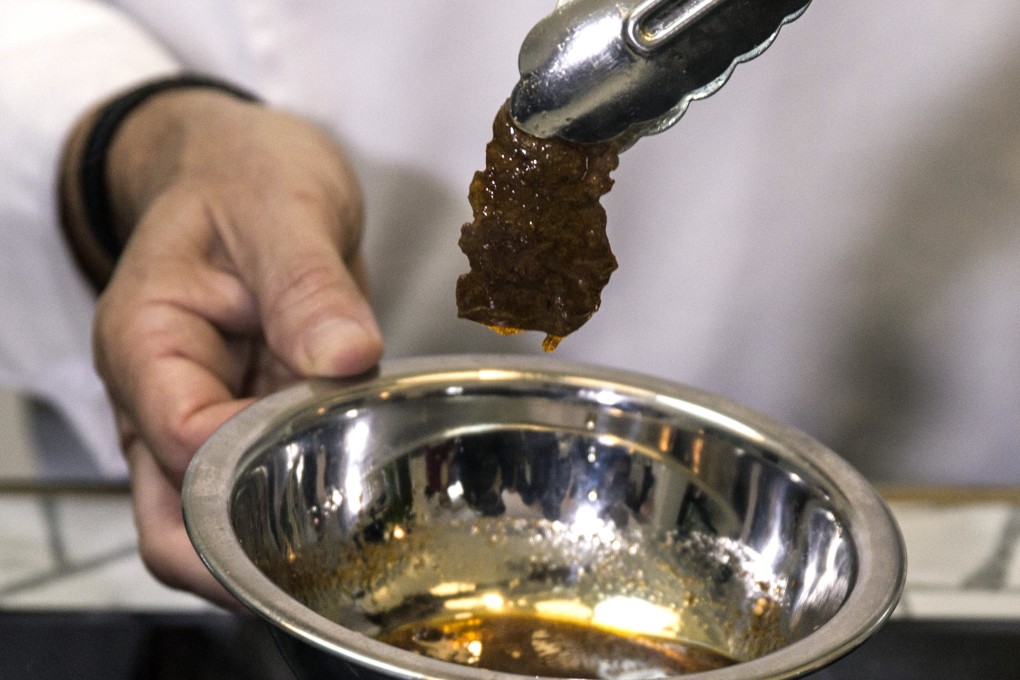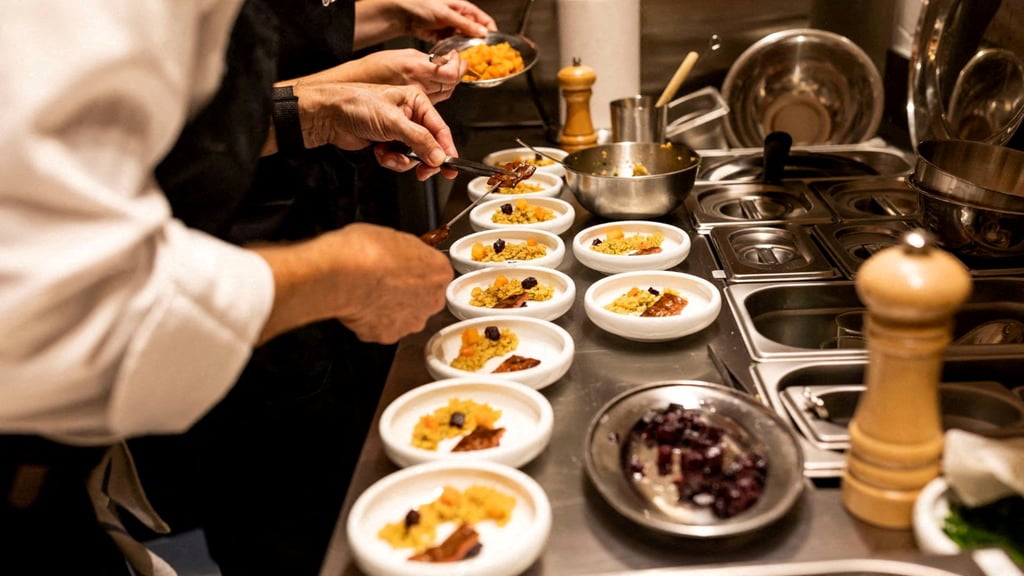Israeli company gets green light to make world’s first cultivated beef steaks
- Steak will be grown from cow cells in a process that effectively takes the animal itself out of the equation
- Israel is a global leader in the sector, with groups also pioneering alternatives to fish and chicken products

An Israeli company has received a preliminary green light from health officials to sell the world’s first steaks made from cultivated beef cells, not the entire animal, officials said.
Aleph Farms, of Rehovot, Israel, was granted the initial go-ahead by the Israeli Health Ministry in December, the company said in a news release. The move was announced late Wednesday by Israeli Prime Minister Benjamin Netanyahu, who called the development “a global breakthrough”.
The firm said it planned to introduce a cultivated “petite steak” to diners in Israel. The beef will be grown from cells derived from a fertilised egg from a Black Angus cow named Lucy living on a California farm.

Regulators must still approve the company’s labels and conduct a final inspection, said Yoav Reisler, of Aleph Farms. After that, it could take months before the product is served to diners.
Israel is a global leader in the sector, with groups also pioneering alternatives to traditional fish and chicken products.